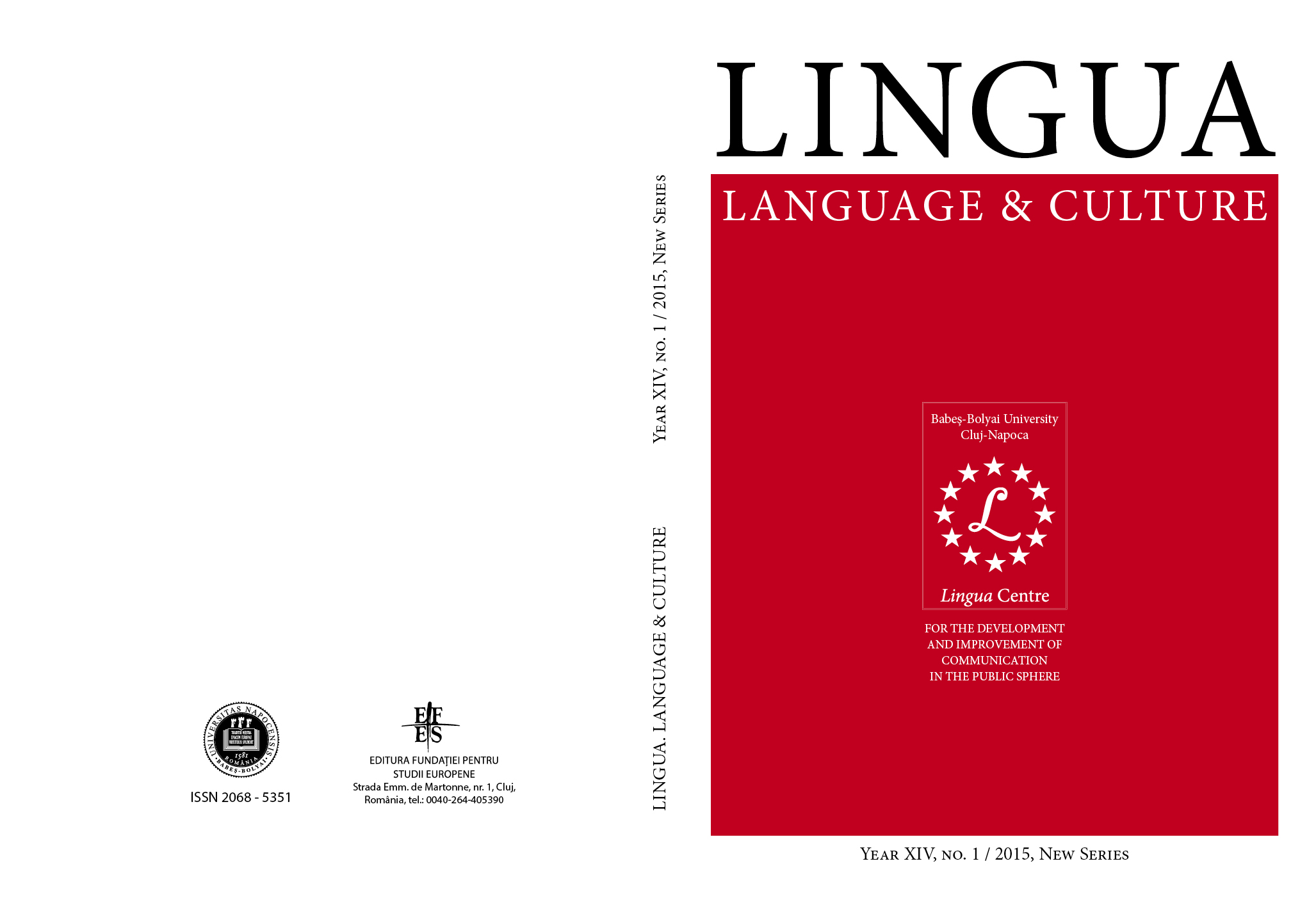The Magic of Words in George Orwell’s “Nineteen Eighty-Four”
The Magic of Words in George Orwell’s “Nineteen Eighty-Four”
Keywords: utopia; anti-utopia; ambiguity; reality; fiction; morality; language
The word and the magic of its meaning have constantly obsessed the writer of the twentieth century. For George Orwell, the use of language represented almost “a moral disease” and his strongest conviction was that “without morality language could not function properly.” “1984” may be considered an accumulation of all those aspects of life that Orwell felt most desperately about. One of these aspects is the legitimacy or non-legitimacy of the totalitarian society. This study intends to approach the Orwellian totalitarian world by analyzing ‘the magic of words ‘that make up this anti-utopic universe.
More...
